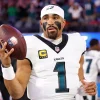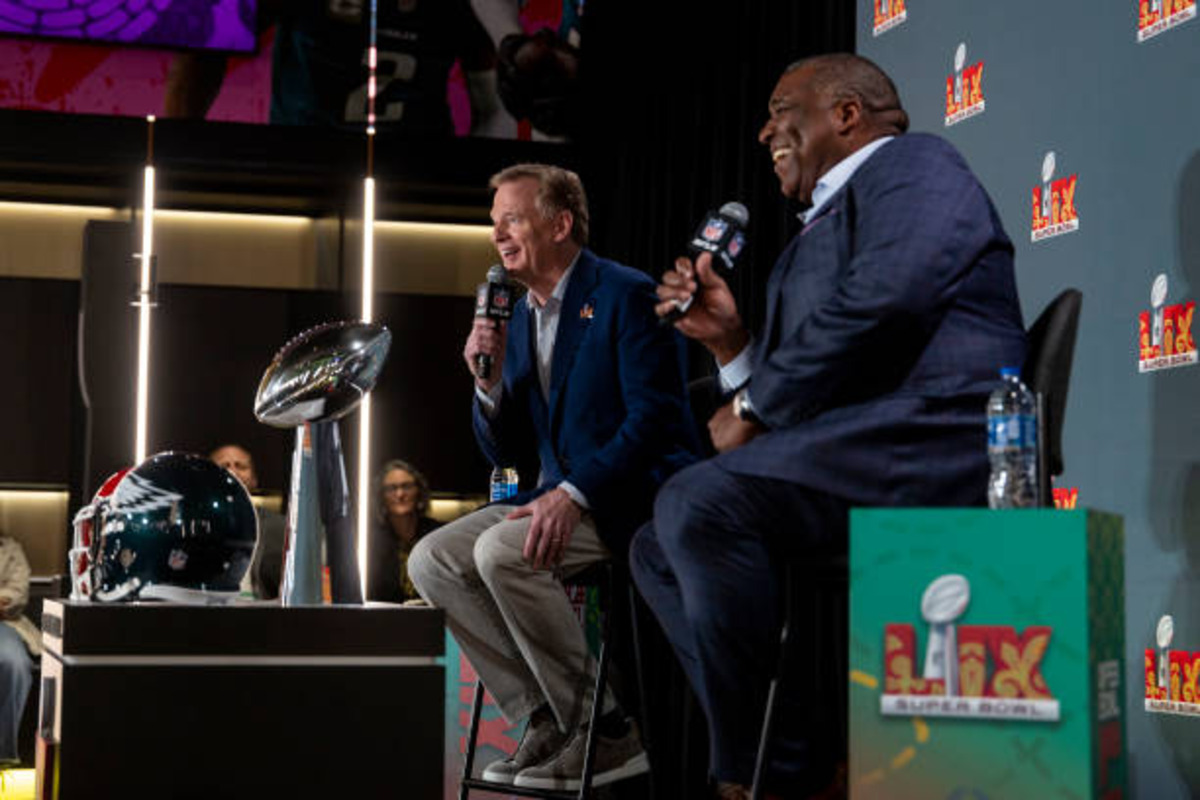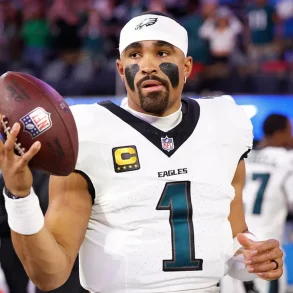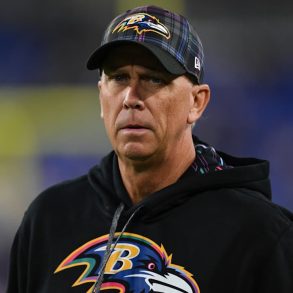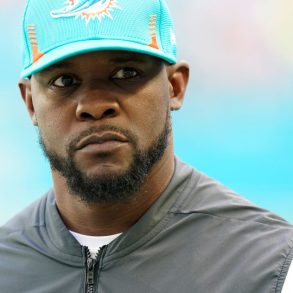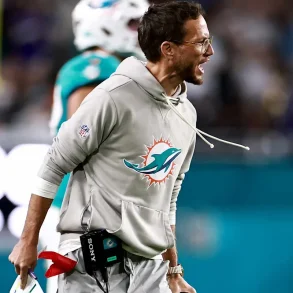In the wake of heightened scrutiny surrounding NFL officiating, particularly in games involving the Kansas City Chiefs, NFL Commissioner Roger Goodell has addressed the swirling conspiracy theories head-on, labeling them as “ridiculous” during a recent press conference.
The controversy erupted following a series of contentious calls in key Chiefs games, sparking debates across social media platforms and sports talk shows.
Fans and even some analysts speculated that the NFL might favor the Chiefs due to their marketability and the star power of quarterback Patrick Mahomes.
These claims gained traction after pivotal officiating decisions appeared to benefit the Chiefs during critical moments in the playoffs.
However, Goodell firmly dismissed these allegations, emphasizing the integrity of the league and the professionalism of its officiating crews.
“It’s absolutely ridiculous to suggest that there’s any kind of conspiracy favoring one team over another,” Goodell stated. ”
Our officials are among the best in the world, and while human error is part of the game, implying intentional bias undermines the hard work and dedication of everyone involved.”
Goodell highlighted the rigorous training and evaluation processes that NFL referees undergo to ensure fairness and consistency.
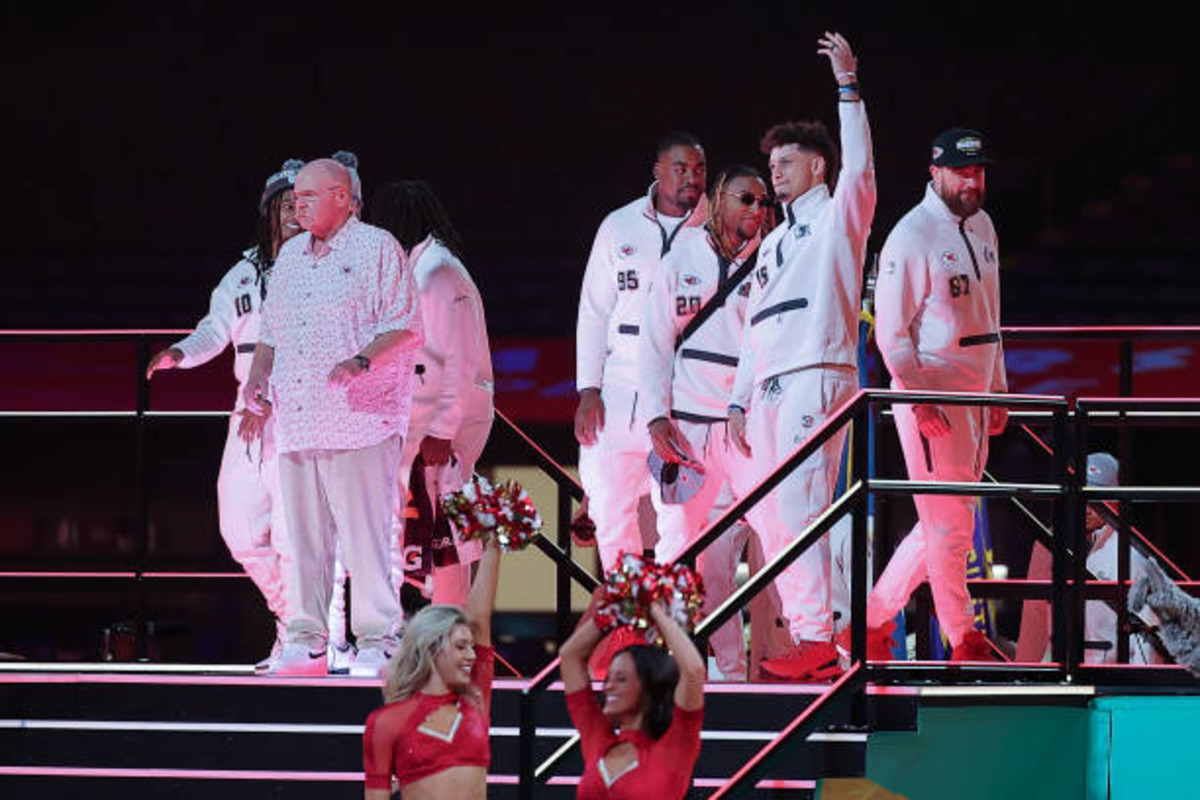
Officials are reviewed after every game, with their performances scrutinized through video analysis and peer assessments.
“Mistakes happen, just like players miss tackles or drop passes. But to jump from human error to conspiracy is a leap not grounded in reality,” he added.
The Chiefs’ head coach, Andy Reid, also weighed in on the matter, supporting Goodell’s stance. “We play hard, and we respect the game.
The referees call what they see, and it’s part of the sport. We don’t focus on that noise; we focus on our performance,” Reid said.
Despite these reassurances, fan skepticism remains high, fueled by slow-motion replays dissected frame-by-frame on social media, often out of context.
This phenomenon is not new to the NFL, where passionate fan bases and high-stakes games naturally breed controversy.
Yet, the league has consistently worked to enhance transparency, such as releasing officiating explanations post-game and incorporating technology like instant replay to assist in making accurate calls.
Goodell acknowledged the frustration that controversial calls can cause but reiterated that the NFL has no interest in influencing game outcomes.
“The beauty of football lies in its unpredictability. If outcomes were predetermined, it would destroy the essence of competition that makes the NFL so compelling,” he said.
As the NFL moves forward, the league plans to continue investing in officiating improvements, including advanced training methods and expanded use of technology.
However, Goodell made it clear that no amount of technology could completely eliminate human error, which he considers an inherent part of the sport.
In closing, Goodell urged fans to maintain perspective and trust in the league’s commitment to fairness. “We understand the passion and emotions that football evokes.
That’s what makes it the greatest sport. But let’s channel that passion into supporting our teams rather than chasing unfounded conspiracies,” he concluded.
While conspiracy theories may persist, the NFL’s stance is unequivocal: the integrity of the game remains paramount, and no team receives preferential treatment.
As the season progresses, the focus will hopefully shift back to the athleticism, strategy, and excitement that define professional football.
